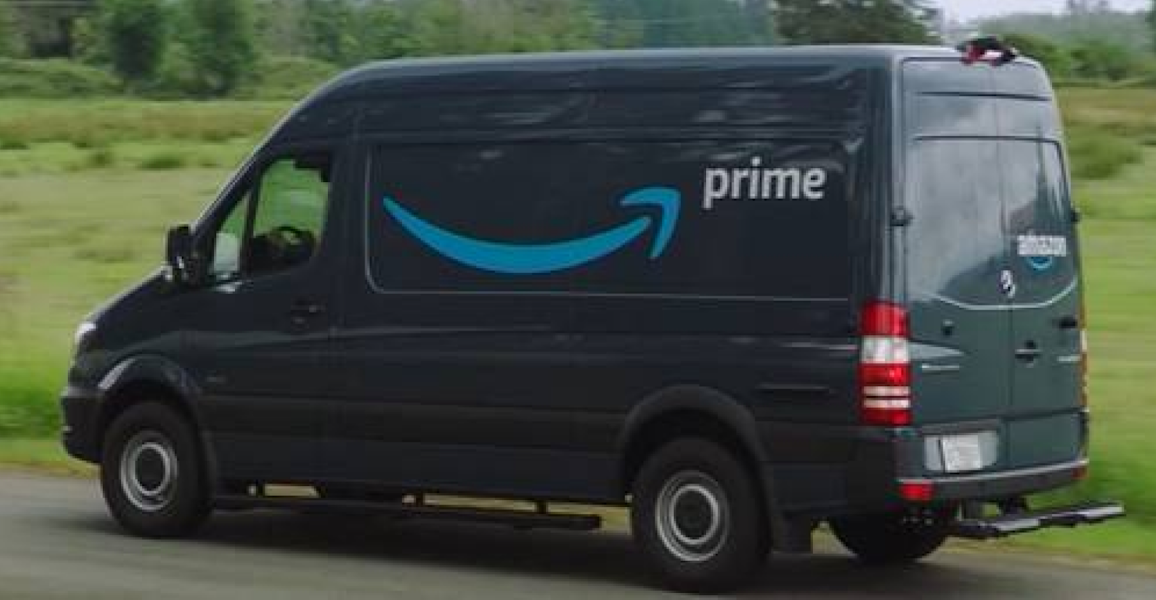Challenge
allO launched in Munich in 2020 with a software solution that allowed a restaurant’s guests to scan a QR code to place an order and pay for it from their mobile phones. Soon the company expanded its services, offering an all-in-one management system with a focus on ethnic restaurants. “Local ethnic restaurants were struggling with as many as 10 different software solutions,” said Cancan Liu, CEO and co-founder of allO. “And without integrated payments, they have to do a manual reconciliation at the end of every day, sometimes transaction by transaction, which could take up to an hour.”
Initially, allO partnered with a local provider to integrate payments into its all-in-one solution, but there were challenges. The biggest issue was restaurant onboarding. The process required detailed documentation that small restaurant owners couldn’t easily provide, creating delays and less-than-ideal first impressions. The second problem was that the provider did not offer a single, unified solution for online and in-person payments. That made reconciliation more time-consuming, as the restaurant owner had to sort through two separate payment flows. The third problem was that the card reader the provider offered wasn’t reliable and sometimes failed to accept payments.
The situation sent allO looking for a new payment provider. This provider would need to offer easy onboarding that created a positive experience for restaurant owners and saved allO money in acquiring customers. It would need to process multi-channel payments to simplify allO’s tech stack. And it would need to offer a reliable point-of-sale solution.
Because restaurant owners are price conscious and have access to several stand-alone payment processing options, allO needed to make switching appealing by matching the price restaurants were currently paying for payments while offering additional features that would help them succeed, whether by simplifying operations management or improving cash flow. allO’s new partner would need to have both the right pricing and the digital tools that would help allO differentiate its services in the German market.
Solution
allO chose to partner with Stripe, implementing Stripe Connect to streamline money movement between multiple parties, and it opted for Stripe-hosted onboarding to collect business and identity-verification information from restaurants so they could more quickly set up with allO.
The company implemented Stripe Payments and Stripe Terminal to process transactions and accept popular payment methods like girocard, WeChat Pay, and Alipay. It decided to use Stripe Reader S700 to offer its restaurants (and their diners) a smoother experience, which includes tableside payments on an all-in-one device.
As a differentiating feature, allO added T+1 payouts to its platform, enabling restaurants to receive funds from most transactions in one business day. allO also added Stripe Invoicing, which makes it easy to automate accounts receivable, collect payments, and reconcile transactions. With Invoicing, when restaurants host large business dinners, they don’t have to spend a lot of time and effort ensuring that they receive a timely payment. Instead, they can send the business a tax-compliant invoice and offer a variety of ways for the business to pay.
allO partnered with Stripe professional services for added guidance and expertise through the implementation. The team helped allO navigate Terminal device setup and capabilities and alternative payment methods, such as Alipay and WeChat Pay. Stripe also provided the allO team with a workshop focused on breaking down interchange-fee-pricing reporting to help allO better use detailed reports for reconciliation, accounting, and financials.
Results
Implementation completed within two weeks
Upon signing with Stripe, allO was prepared for a three-month implementation process, but the company was able to launch within just two weeks. “It was phenomenal. We were the first player in the German market to offer our customers Stripe Reader S700,” said Liu.
Simplified onboarding enables restaurants to onboard in five minutes
With Stripe-hosted onboarding, allO’s merchants can typically start accepting payments within five minutes of downloading the platform. “In special cases where an additional piece of documentation is needed, it’s checked by Stripe within minutes of the merchant sending it in,” said Liu.
80% of Chinese restaurants in Munich use allO
allO credits Stripe’s support for WeChat Pay and Alipay, popular payment methods among Chinese consumers, with successfully marketing its solution to 80% of the Chinese restaurants in Munich.
99.999% uptime for Stripe’s card reader limits service interruptions
The S700 card readers used by allO’s customers had uptime of 99.999%. This is particularly noteworthy in Germany, where it’s not uncommon for businesses to intermittently switch to “cash only” when their card networks go down. “A few months ago, major German supermarkets couldn’t take card payments for two days in a row, but our customers could,” said Liu.
Since implementing Terminal with Stripe Reader S700, allO has seen tips for its restaurants’ waitstaff increase by 60%. This is likely the result of Terminal’s on-reader tipping feature which suggests a range of tipping amounts to diners.
Next-day payouts boost restaurants’ cash flow
With Stripe, allO was able to offer its customers T+1 payouts, which means that restaurants typically receive funds just one business day after a card transaction, an advantage not many companies have in the German market. “This made a lot of our customers extremely happy,” said Liu. “Some of them process hundreds of thousands of euros in card volume per month, so T+1 can have a huge effect on their cash flow.”
Our experience with Stripe has been extremely good. We were the first in Germany to offer Stripe Reader S700, and that won us a lot of business.

